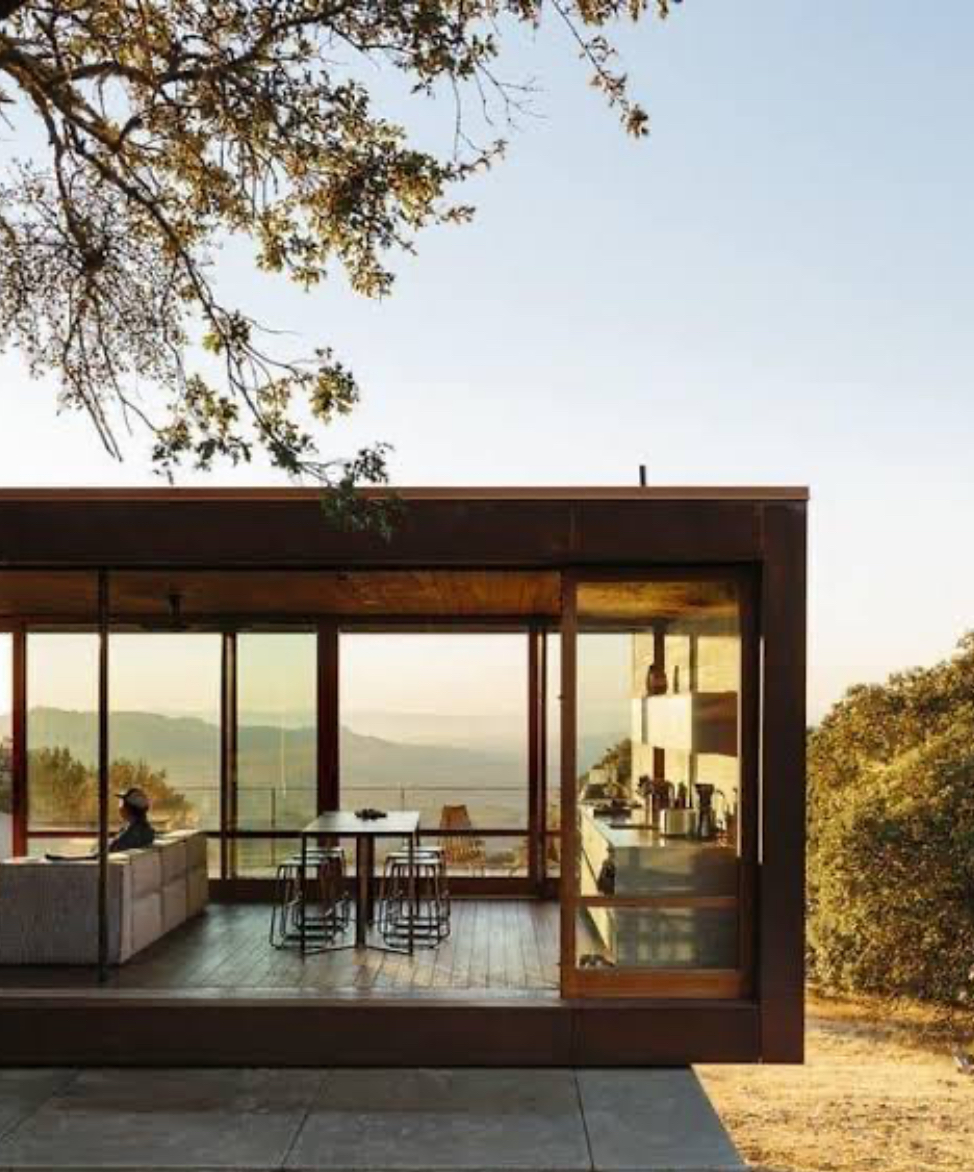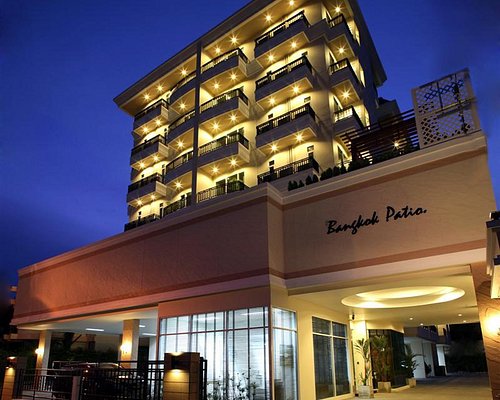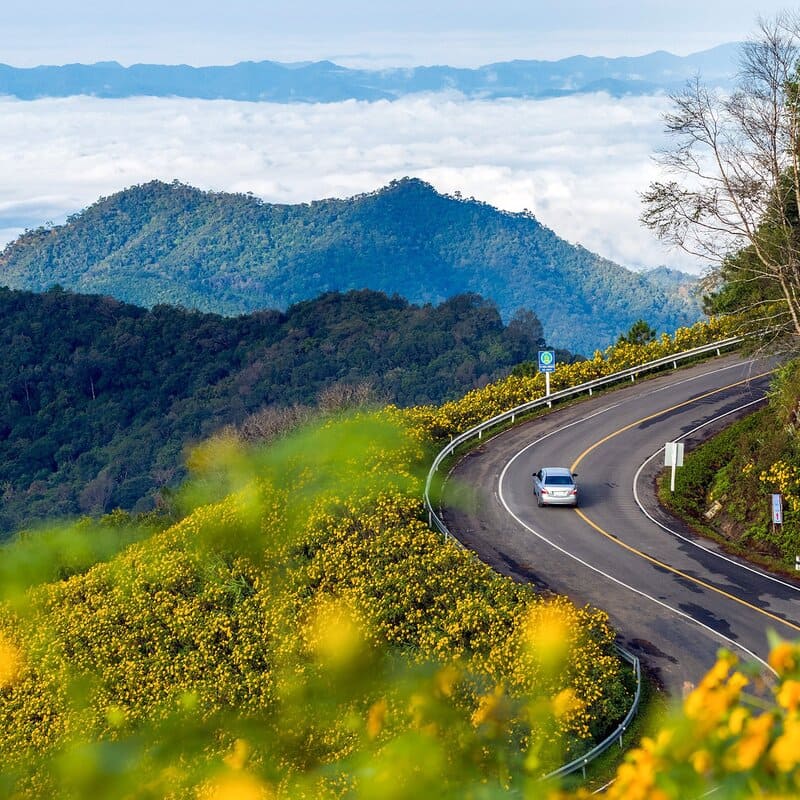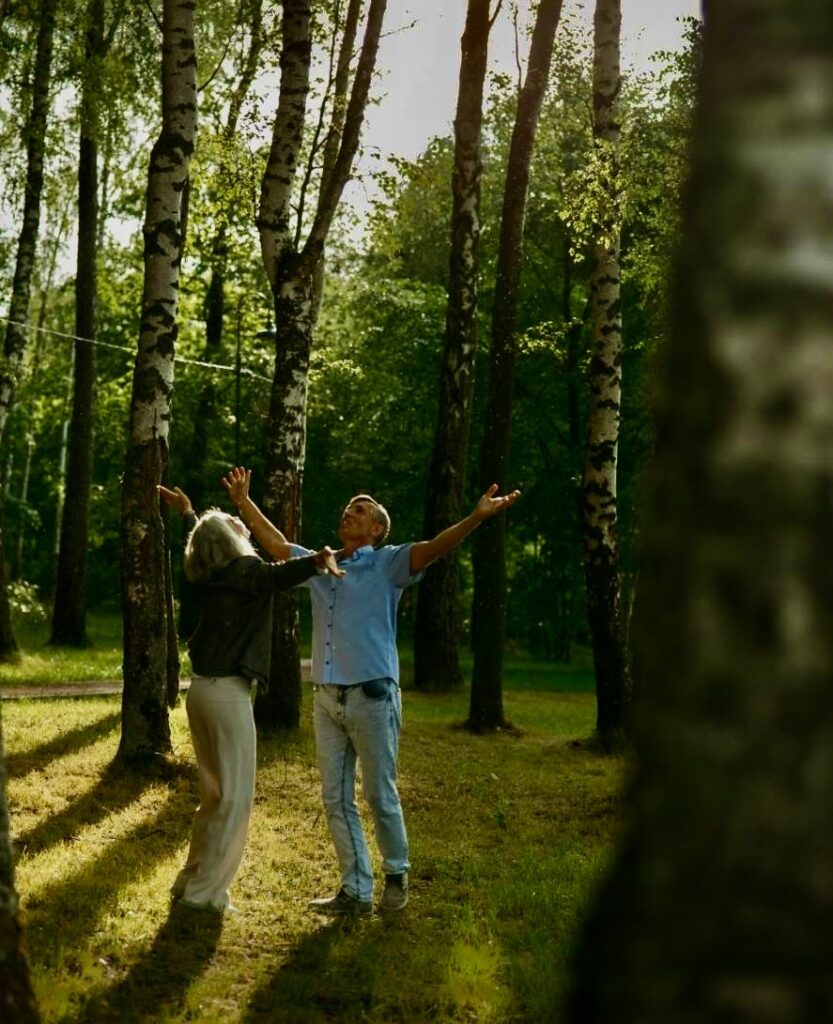The Bangkok Condo secret nobody Talk About”.

- Older, larger condos often offer more value than new flashy ones
- Older condos (built in the 1990s etc.) tend to give much more space for similar rent. For example, new one-bedrooms might be 28-50 m², while older ones can be 70-90 m². Two-bedrooms even more dramatic.
- Having more space makes a big difference in comfort: room to cook, store belongings, host guests, or just stretch out.
- Better build quality & privacy
- Older buildings often have thicker walls, solid doors, more substantial materials which help with noise isolation and feeling more stable/durable.
- Fewer short-term rental units, so your neighbors are more likely to be long-term residents. That tends to mean more stable community, less turnover, fewer “tourist-flux” disruptions.
- The psychological / lifestyle effects of space over amenities
- Amenities (pool, rooftop, fancy lobby) are nice, but in practice, many aren’t used enough to justify the premium. After the novelty, these tend to matter less compared to having a comfortable, usable living space.
- Bigger kitchens, better living room layout, larger balconies — these make daily life more enjoyable in a dense, busy city like Bangkok.
- How to find these “hidden gems”
- Walk around your preferred neighborhood, look for “For Rent” signs in sois (side streets). These older units may not be advertised heavily online.
- Use property websites cleverly: sort / filter by square meter size or year built to find older buildings, rather than being lured by amenities or sleek design photos.
- Be clear with real estate agents about what you want (large space, solid building, less focus on amenities). Having examples to show helps.

What to Watch Out For / Downsides
- Older buildings might be farther from public transit (BTS / MRT), so commuting could be less convenient.
- Utility costs can be higher (e.g. electricity rates in some older buildings) which can add up especially with air-conditioning.
- Maintenance / condition: older buildings might have issues like wear-and-tear, mold, pests. Physical inspection is essential.
The Big Picture / Mindset Shift
“Real luxury in Bangkok isn’t having a sky bar … It’s sleeping soundly … it’s cooking meals in a proper kitchen … it’s having enough room to live comfortably.”




